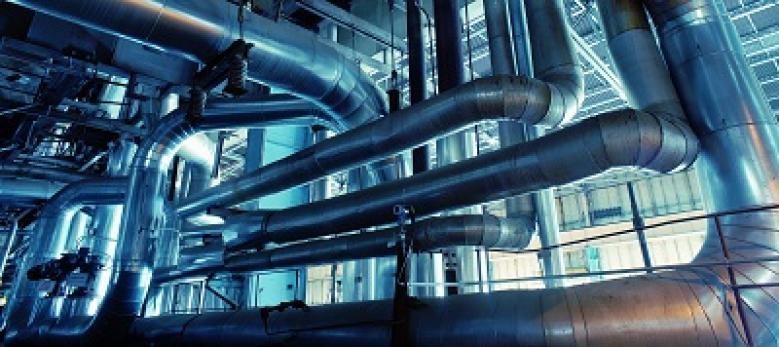
Virtual Press Briefing Series: The Future of Natural Gas in the Energy Transition
Natural gas has been the fuel of choice for utilities since supplies increased, due to deregulation of price, and especially the plenty guaranteed by fracking. It burns 60-percent cleaner than coal and is easily transported and stored.
Gas turbines are flexible. Above all, the power they produce is dispatchable on demand.
As more wind and solar comes on line, the need for dispatchable power increases to offset the intermittency of these renewables, especially wind. Many utilities argue it is essential for grid stability.
But opponents have lined up against natural gas as a greenhouse gas emitter, albeit half as much as coal. They also oppose more fracking and exports, even though these may displace coal in many markets.
Opponents of natural gas may get more influence if the summer has a lot of severe weather events. A harbinger of the troubles ahead for gas may be the Environmental Protection Agency's proposed rulemaking mandating new and untried technologies for carbon capture and storage.
To examine the future of natural gas and its controversies, the United States Energy Association will hold a virtual press briefing on Tuesday, July 11, at 11 a.m. Eastern Time.
As usual, a panel of experts will be questioned by a panel of reporters who cover energy. There will be opening remarks by new USEA President and CEO Mark Menezes. The briefing will be hosted by its organizer, journalist Llewellyn King.
Robert Gee, President, Gee Strategies Group LLC
Peter Behr, E&E News
Jennifer Hiller, The Wall Street Journal
Ken Silverstein, Forbes
